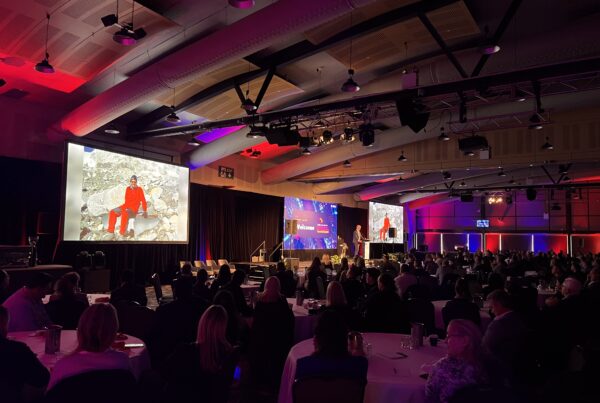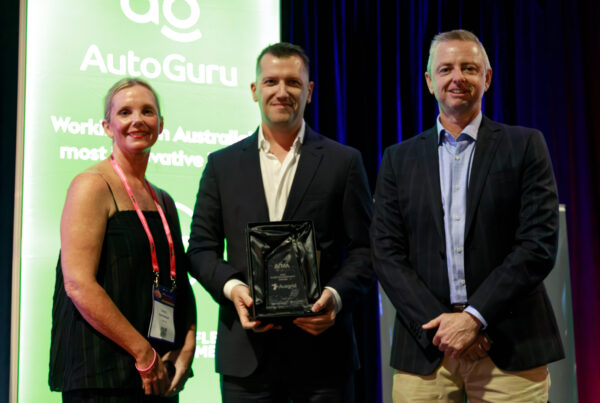Being bold in the way in which you lead your fleet can be a challenge for any fleet manager, depending on the current position your organisation finds itself in.
For successful fleets, it can be tempting to simply maintain the status quo and avoid any form of risk-taking moves that might see your operations fail. For fleets with longstanding issues, it can be hard to know where to start to fix the overwhelming list of problems.
More than likely, however, is that your fleet will find itself trapped somewhere in the middle, running at what might best be described as a happy “coasting” level. Your fleet probably runs smoothly for the most part on a day-to-day level and overall management is generally happy with your performance.
With this in mind, it can be very easy for a fleet manager or for any professional for that matter to fall into a comfortable routine of keeping things the same. It keeps things simple and everyone can remain on the same page. But is this ideology symbolic of a fleet manager that is striving for excellence?
While convenience and routine are often the easiest solutions, it might not be the smartest or most cost-effective solution for your organisation. Indeed there are a number of areas that you should be considering as you head into 2018 with an aim to be excellent rather than average.
Downsize Your Fleet Size
Many fleets are running larger fleets than they need to, and the bottom line is that it is probably affecting your costs and productivity more than you realise. Think about all the vehicles within your fleet and how often they are actually being used. Is there a way that certain ageing vehicles could be retired and the routes of your remaining vehicles streamlined?
When it comes to fleet size less is more. This is an easy way to reduce registration, petrol and servicing costs across your entire operations.
Act, Don’t React
As a leader, you want to mitigate problems before they become an issue. This is especially true when it comes to thinking of the safety of your fleet.
If you wait for an accident or near-miss to occur, your organisation may pay a costly price. Implementing telematics, hands-free devices or in-vehicle cameras might seem unnecessary in the short term, but any alternative is always going to cost you more in the long term.
Embrace Balanced-Risk
In their roles, fleet professionals make more risky and costly decisions than they probably realise. The raft of technology that continues to sweep through every year presents so many choices of what vehicles and services to purchase. The promise of better quality, cheaper prices and improved safety and communications can become a bit of a logistical minefield.
But rather than going for an all-in or all-out approach to risk, a middle ground thought process is the most likely to deliver the best results for your organisation. Taking calculated risks and properly managing them can often provide new savings along with new paths for career progression.
Constantly Educate Yourself
Fleet management is a forever evolving industry, so it is important you keep up with all the exciting changes and innovations. Read as many publications and blogs (including this one) as you can so that you and your organisation doesn’t fall behind the 8 ball.
We live in a completely digital age where all the information you need for managing fleet is readily available at your fingertips. The harder part is using that wealth of knowledge to form positive solutions that ulitimately benefits your organisation for the long term. Make the effort to remain informed and share that knowledge with your team.
What other tips are you thinking of introducing to your fleet in 2020? Leave a comment below or contact us directly at AfMA.



















